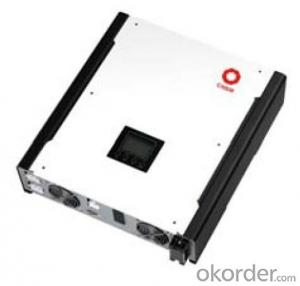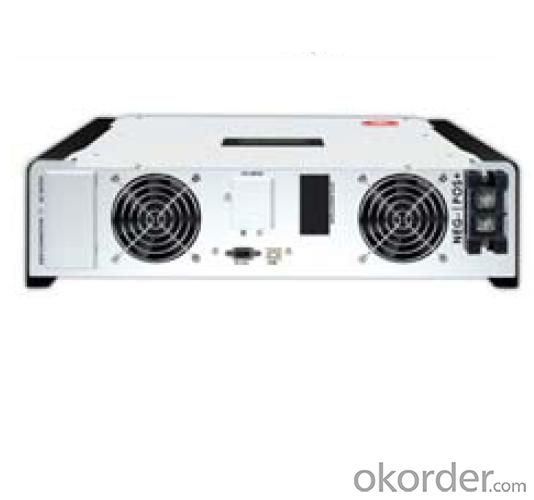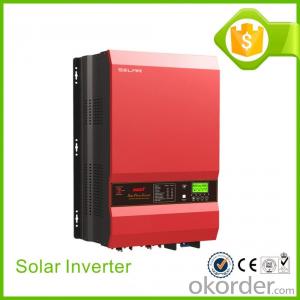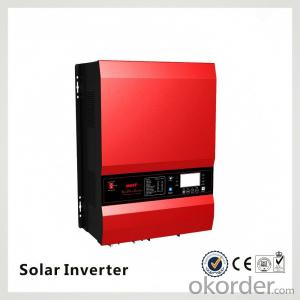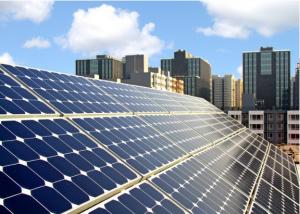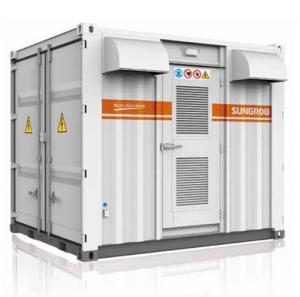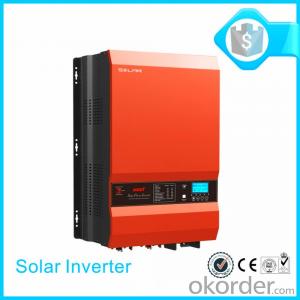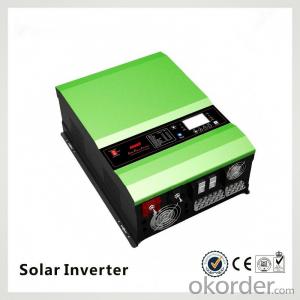Upgrade Solar Inverter Hybrid Inverter Sunbrid 3000 OEM Designed
- Loading Port:
- Guangzhou
- Payment Terms:
- TT OR LC
- Min Order Qty:
- 10 pc
- Supply Capability:
- 3000 pc/month
OKorder Service Pledge
OKorder Financial Service
You Might Also Like
Sunbrid 2000/3000 hybrid solar inverter can be use as on grid solar inverter or off grid inverter.
1.futures
Multiple operations: Grid-tied, off-grid, and grid-tied with battery backup
•Solar power usage priority selectable
•Built-in MPPT solar charger
•Intelligent control to guarantee stable system charging
•Comprehensive information from LCD display
2.datasheet
| MODEL | Sunbrid 2000 | Sunbrid 3000 |
| RATED POWER | 2000 W | 3000 W |
| GRID-TIE OPERATION | ||
| PV INPUT (DC) | ||
| Nominal DC Voltage | 300 VDC | 360 VDC |
| Maximum DC Voltage | 350 VDC | 500 VDC |
| Start-up Voltage / Initial Feeding Voltage | 80 VDC / 120 VDC | 116 VDC / 150 VDC |
| MPP Voltage Range | 120 VDC ~ 320 VDC | 120 VDC ~ 450 VDC |
| Maximum Input Current | 15 A | 13 A |
3.Certificate
ISO
CE
TUV
4.PRODUCT OUTLOOK
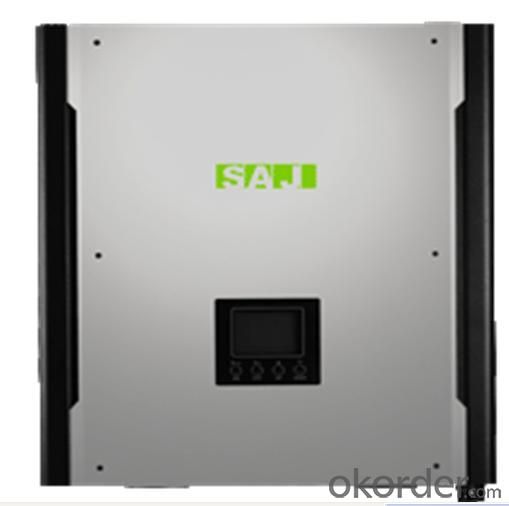
1. How long will my inquiry get response?
Your inquiry related to our products or prices will be replied within 24 hours.
2. Can I get professional service and suggestion?
Well-trained and experienced staffs to answer all your questions in fluent English.
3. Do you accept OEM or customized design?
OEM & ODM, any your customized lightings we can help you to design and put into product.
4. What if I need specific design?
Distributorship are offered for your unique design and some our current models.
- Q: How do you connect a solar inverter to the electrical grid?
- To connect a solar inverter to the electrical grid, you typically follow a few steps. First, ensure that your solar panels are properly installed and generating electricity. Then, connect the DC output of the solar panels to the DC input of the inverter. Next, connect the AC output of the inverter to your home's electrical distribution panel or directly to the electrical grid through a utility meter. Finally, consult with a qualified electrician to ensure that the installation meets all relevant safety and electrical codes.
- Q: Can a solar inverter be used with solar-powered water heaters?
- No, a solar inverter cannot be directly used with solar-powered water heaters. The solar inverter is designed to convert the DC power generated by solar panels into AC power for general electrical use in households. On the other hand, solar-powered water heaters utilize direct thermal energy from the sun to heat water, without involving the need for converting DC power to AC power.
- Q: What is the maximum AC output power of a solar inverter?
- The maximum AC output power of a solar inverter can vary depending on the specific model and size. Generally, residential solar inverters have a maximum AC output power ranging from 1 kilowatt (kW) to 10 kW, while commercial and utility-scale inverters can have much higher maximum AC output power, reaching up to several megawatts (MW).
- Q: Can a solar inverter provide power during a blackout?
- No, a solar inverter cannot provide power during a blackout.
- Q: Can a solar inverter be used in remote locations?
- Yes, solar inverters can be used in remote locations. They are designed to convert the direct current (DC) power generated by solar panels into usable alternating current (AC) power, which can be used to power electrical devices. Solar inverters can be installed in remote areas where there is no access to the main power grid, allowing for the generation and utilization of electricity in off-grid locations.
- Q: Can a solar inverter be used in areas with unstable grid connections?
- Yes, a solar inverter can be used in areas with unstable grid connections. Solar inverters are designed to convert the DC power generated by solar panels into AC power that can be used to power electrical devices or be fed back into the grid. In areas with unstable grid connections, a solar inverter can help stabilize the power supply by switching to off-grid mode when the grid connection is unstable or completely lost. This allows the solar system to continue generating and supplying power to the connected loads even during grid outages or fluctuations.
- Q: What is the role of a solar inverter in preventing islanding?
- The role of a solar inverter in preventing islanding is to constantly monitor the electrical grid and disconnect the solar system from the grid when a power outage occurs. By detecting changes in grid voltage or frequency, the inverter ensures that the solar system does not continue to generate and supply power to the grid in isolation, which could potentially cause safety hazards for utility workers and damage to electrical equipment.
- Q: Can a solar inverter be connected to a home automation system?
- Yes, a solar inverter can be connected to a home automation system. This integration allows homeowners to monitor and control their solar power generation and consumption remotely through their home automation system. It provides real-time data on energy production, allows for scheduling and optimizing energy usage, and enables the automation of various appliances and devices based on solar power availability.
- Q: Are all solar inverters compatible with all solar panels?
- No, not all solar inverters are compatible with all solar panels. The compatibility between inverters and panels depends on various factors such as voltage, power rating, and technology used. It is important to ensure that the inverter you choose is specifically designed to work with the type and specifications of the solar panels you have.
- Q: What is the maximum output voltage of a solar inverter?
- The maximum output voltage of a solar inverter is typically determined by the specific model and specifications of the inverter being used. It can vary depending on factors such as the size and configuration of the solar array it is connected to. Generally, for residential solar installations, the maximum output voltage of a solar inverter can range from 230V to 240V for single-phase systems, and up to 400V for three-phase systems.
Send your message to us
Upgrade Solar Inverter Hybrid Inverter Sunbrid 3000 OEM Designed
- Loading Port:
- Guangzhou
- Payment Terms:
- TT OR LC
- Min Order Qty:
- 10 pc
- Supply Capability:
- 3000 pc/month
OKorder Service Pledge
OKorder Financial Service
Similar products
Hot products
Hot Searches
Related keywords
